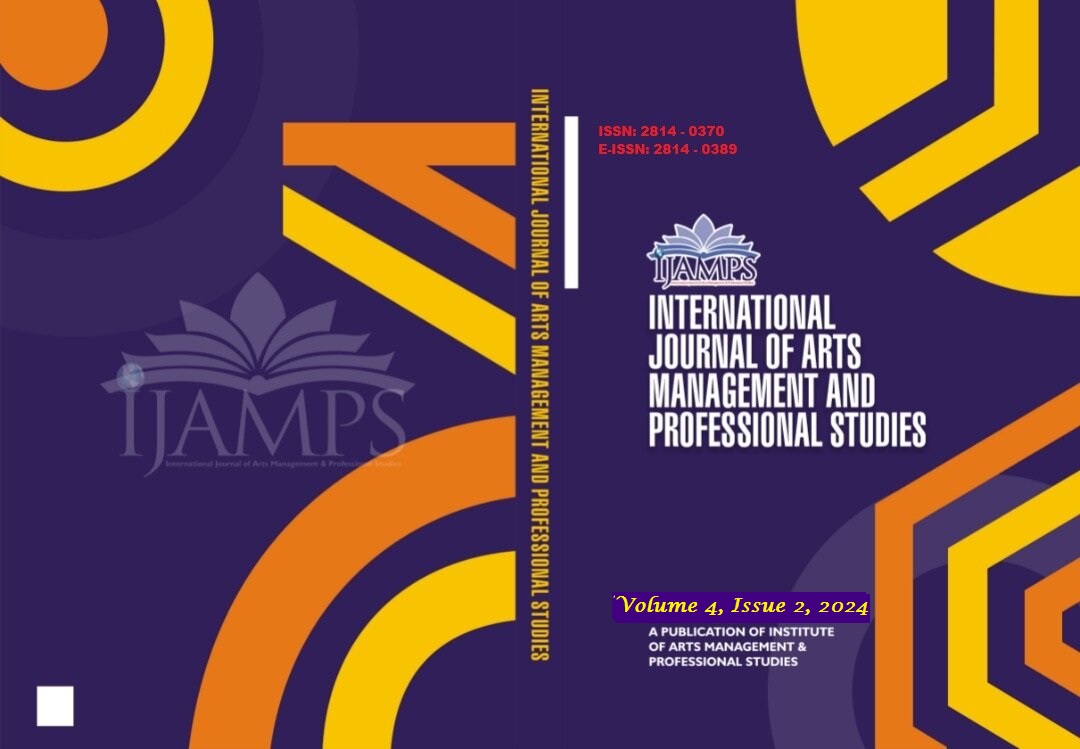
Agricultural Extension, Technology Development And Transfer Policy In Nigeria
Eze Chidi Nwauba Professor Of Intrapreneurship Department Of Public Administration, Prowess University, Delaware-USA
Volume 4, Issue 2, December 2024
This paper presents a discussion of challenges facing agricultural extension services in Nigeria and a suggestion for enhancement. The study provides a reality check regarding scarce resources, poor structures and infrastructures, and inefficiencies in delivering extension services to farmers. More funds affect the selection and appointment of the right extension agents, hindering training and restocking with appropriate tools and equipment. Time delays in service delivery and knowledge non-sharing at key levels of the value chain can also be blamed on the available but poor transport, communication, and storage infrastructure. Multidisciplinary coordination between researchers, extension agents, policymakers, and farmers is also characterized by an information deficiency and relatively ineffective service delivery. To address these challenges, this study recommends increased financing of extension service delivery and infrastructure, especially in transport infrastructure, communication, and storage. Furthermore, coordination structures should be emphasized so that institutional cooperation, learning, and decision-making aspects can be strengthened and enhanced for farmers. These realizations will afford the policymakers, researchers, and practitioners to provide the necessary support/requisite boost/boost required to farmers and the agricultural productivity towards the required sustainable development in Nigeria.